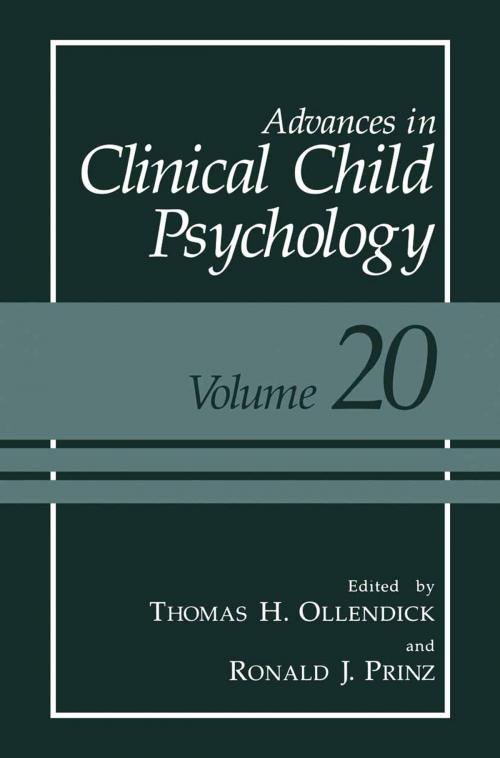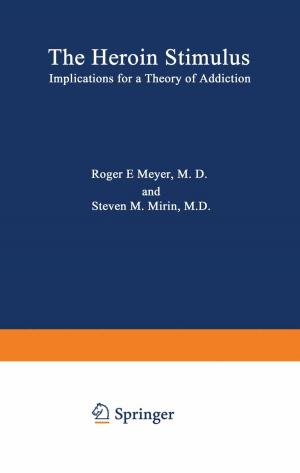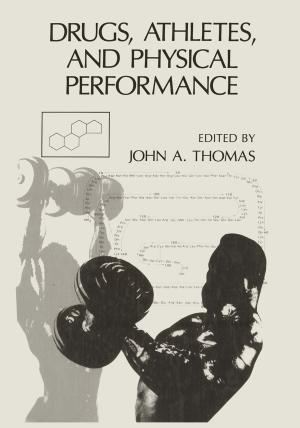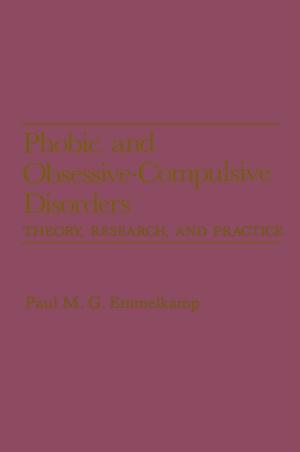Advances in Clinical Child Psychology
Volume 20
Nonfiction, Health & Well Being, Psychology, Child & Adolescent, Child Development| Author: | ISBN: | 9781475790382 | |
| Publisher: | Springer US | Publication: | June 29, 2013 |
| Imprint: | Springer | Language: | English |
| Author: | |
| ISBN: | 9781475790382 |
| Publisher: | Springer US |
| Publication: | June 29, 2013 |
| Imprint: | Springer |
| Language: | English |
It is with both pride and sadness that we publish the twentieth and last volume of Advances in Clinical Child Psychology. This series has seen a long and successful run starting under the editorship of Ben Lahey and Alan Kazdin, who passed the baton to us at Volume 14. We are grateful to the many contributors over the years and to the Plenum staff for producing a quality product in a timely manner. This volume covers a diverse array of significant topics. In the open ing chapter, Maughan and Rutter explore the research literatures related to continuity and discontinuity of antisocial behavior from childhood to adulthood. Their review and conceptualization emphasize the significance of hyperactivity and inattention, early-onset conduct problems, low reac tivity to stress, and poor peer relations as potentially influential variables in the persistence of antisocial behavior. Social cognitions, environmental continuities, substance abuse, cumulative chains of life events, and protec tive processes are considered as well.
It is with both pride and sadness that we publish the twentieth and last volume of Advances in Clinical Child Psychology. This series has seen a long and successful run starting under the editorship of Ben Lahey and Alan Kazdin, who passed the baton to us at Volume 14. We are grateful to the many contributors over the years and to the Plenum staff for producing a quality product in a timely manner. This volume covers a diverse array of significant topics. In the open ing chapter, Maughan and Rutter explore the research literatures related to continuity and discontinuity of antisocial behavior from childhood to adulthood. Their review and conceptualization emphasize the significance of hyperactivity and inattention, early-onset conduct problems, low reac tivity to stress, and poor peer relations as potentially influential variables in the persistence of antisocial behavior. Social cognitions, environmental continuities, substance abuse, cumulative chains of life events, and protec tive processes are considered as well.















